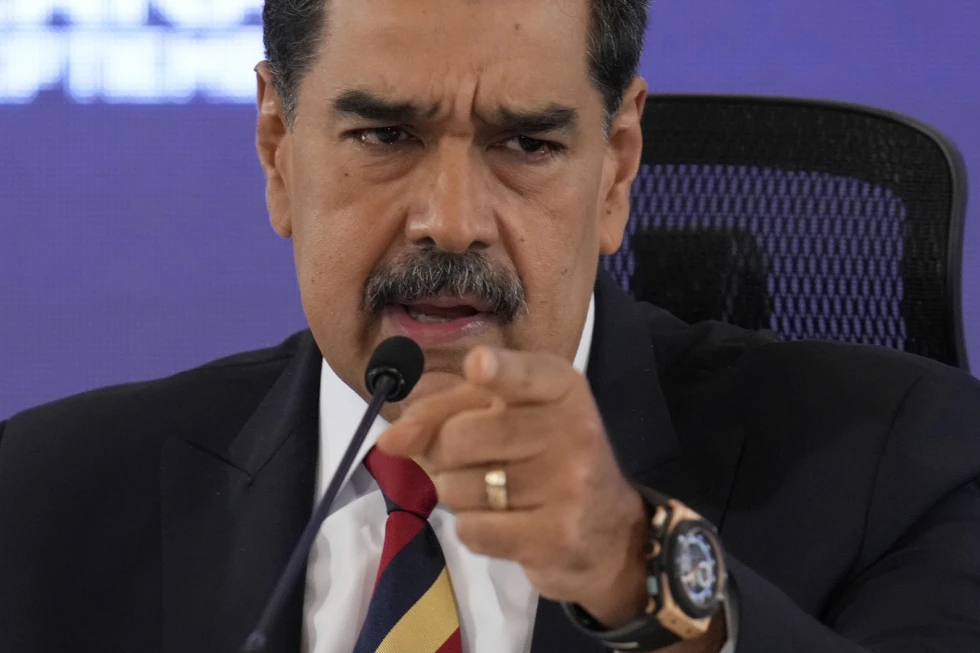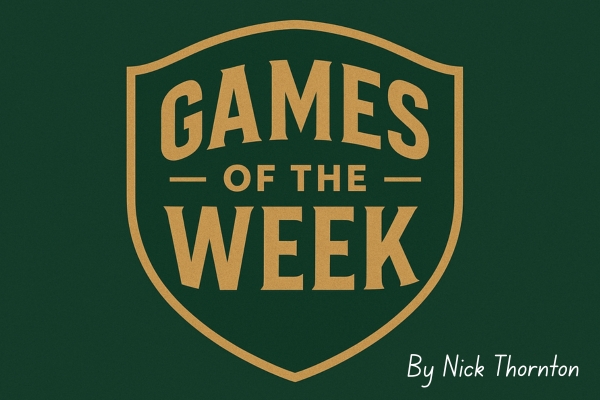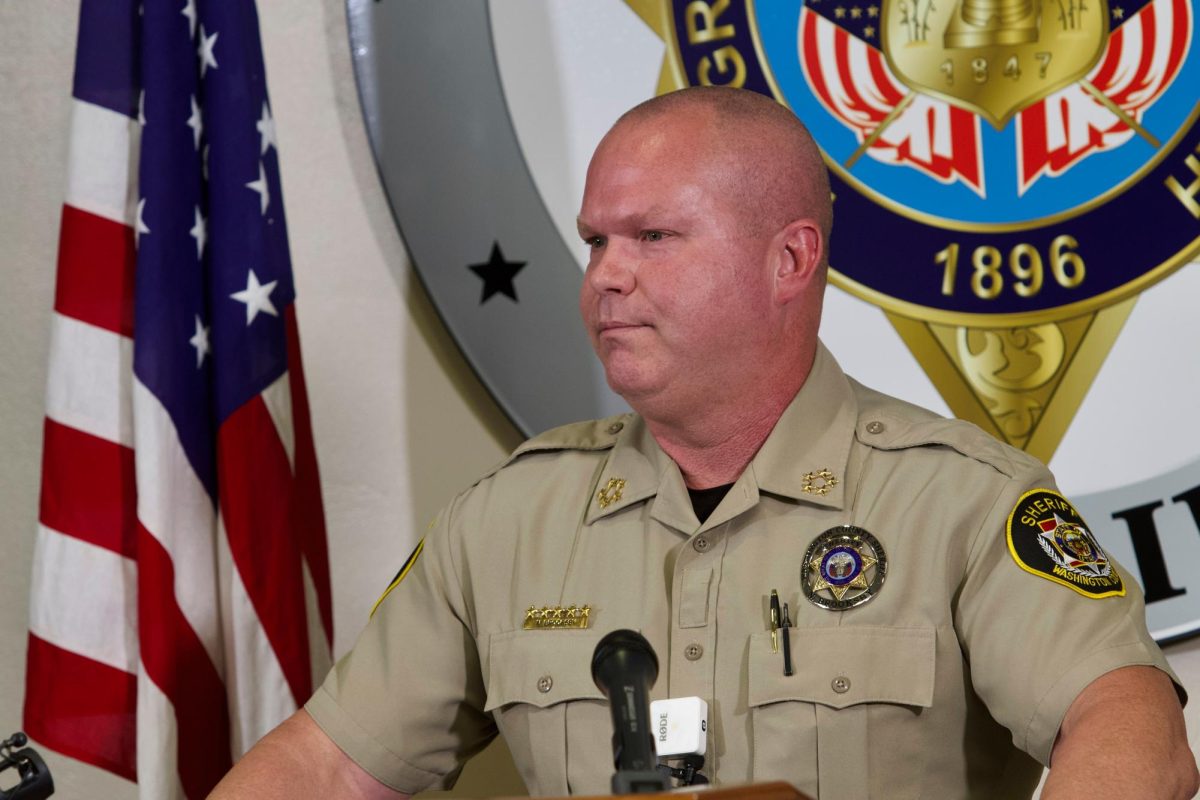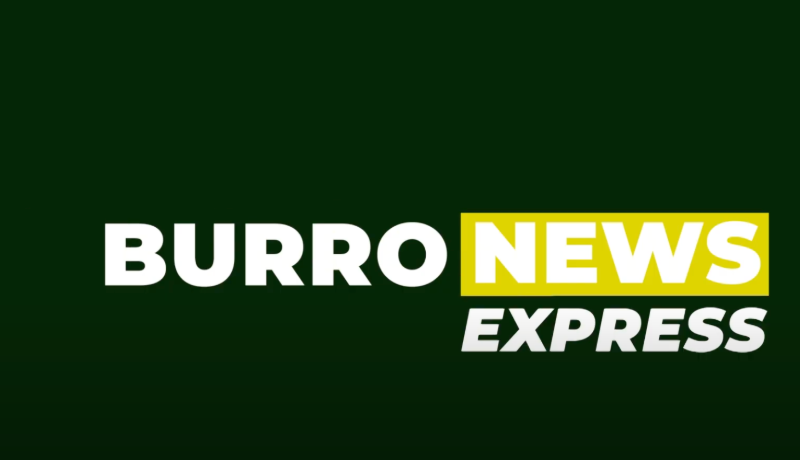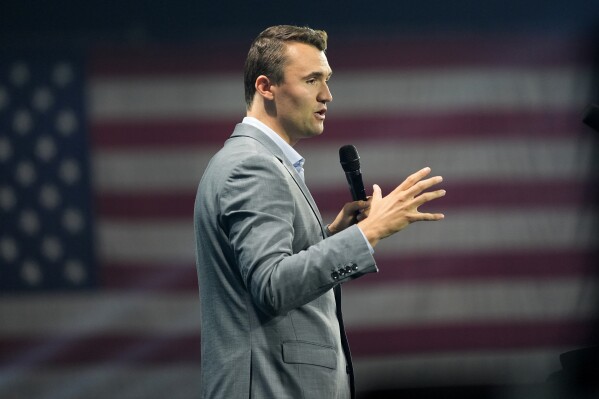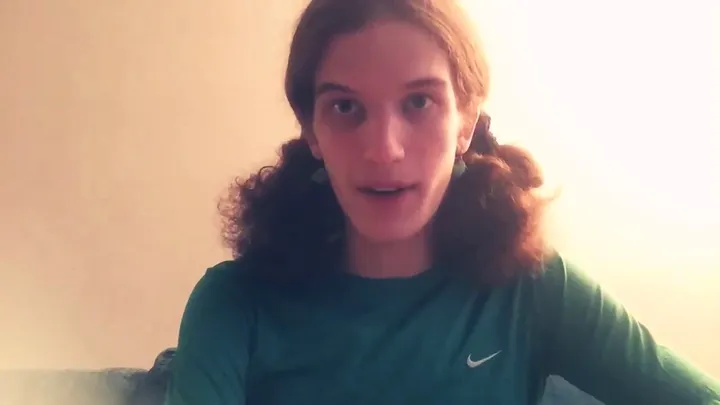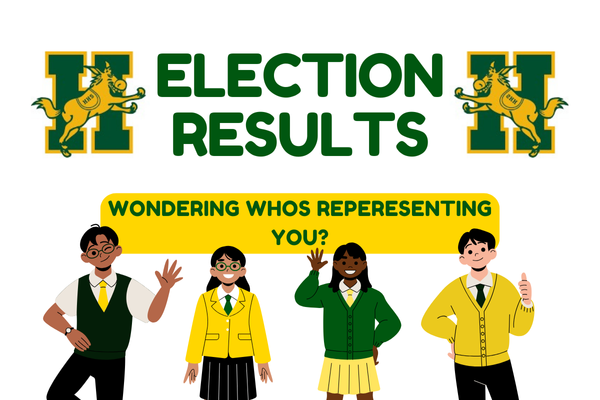CARACAS, Venezuela —On Monday, President Nicolás Maduro declared his country in a state of “maximum preparedness,” stating that the American military presence in the Caribbean poses a direct threat to national sovereignty and regional stability. This declaration comes a few days after the United States deployed additional naval forces off the Venezuelan coast, augmenting already strained relations between Caracas and Washington.
In a televised address, Maduro said Venezuela’s military had been ordered to mobilize along the Caribbean coast and frontiers. He invited civilians to join local militias and pledged that the nation would defend itself against any attack. “Prior to the maximum military pressure that is exerted against us, we have declared maximum preparation for the defense of Venezuela,” Maduro said. He said that if attacked, the government would be legally able to declare a “republic in arms.”
The action follows a U.S. raid in February that sank a vessel believed to relate to narcotics smuggling and killed 11 people. The United States said the raid targeted organized crime, and Maduro criticized the claim as “an extravagant, unjustifiable and absolutely criminal act.” Washington retaliated by increasing its presence in the Caribbean with warships, cruisers, and thousands of fresh troops.
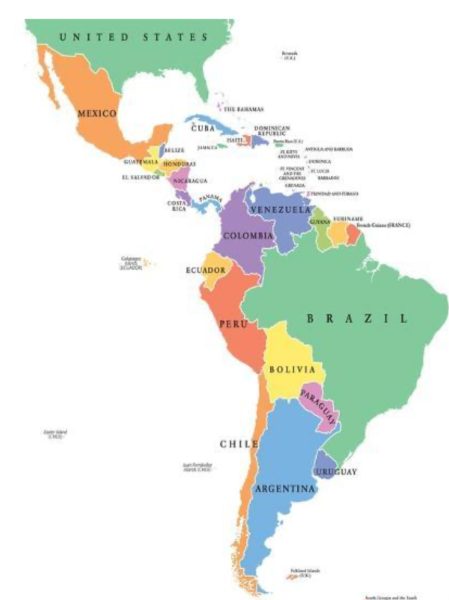
Effects on Venezuelan Teens
For Venezuelan youth, the geopolitics have unleashed new waves of fear. Adolescents worry about how militarization will interfere with their schooling and routines. Coastal schools already are contemplating backup plans, and households stockpile goods in hopes of preventing shortages in case tensions rise.
“It’s terrifying to think of war at a moment when we’d prefer to focus on school and our futures,” said 16-year-old Caracas student Daniela. She explained that social media has been flooded with rumors of war, so she and her friends are concerned about what will come next.
Psychologists report that Venezuelan teens, already beset by decades of economic decline and migration crisis, are under greater pressure and in fear. Some fear that doors may remain open to study abroad or build secure careers if the standoff continues to deteriorate. Others fear being drafted into community militia groups that Maduro repeatedly has called on citizens to join.
A Region on Edge
Commentators point out that U.S. troop deployments in the Caribbean are frequently tied to anti-drug missions, but this recent escalation was viewed in Caracas as political. Venezuela-U.S. relations have been under strain for more than a decade, with sanctions, contested elections, and allegations of human rights abuses contributing to distrust.
Neighboring countries observe anxiously, worrying that growing conflict could spill over borders or destroy trade routes. Others, though, are concerned about how the tensions affect their children. “Teenagers simply want stability,” said José Martínez, a schoolteacher in La Guaira. “But when you have troops on the coast and hear war speeches, it’s hard to keep students calm so that everything will be alright.”.
What’s Next
Whether diplomacy can de-escalate the standoff remains to be seen. Maduro has made occasional appeals for dialogue but persists in charging Washington by plotting against him. The U.S., meanwhile, insists that its mission is aimed at drug trafficking and regional security.
For Venezuelan teens, the future is in doubt. As classrooms wait to be disrupted and families contemplate fleeing the country, many teenagers feel trapped between politics beyond their control. “Adults talk about sovereignty and war,” Daniela said. “But we just want an opportunity to have a normal life.”

